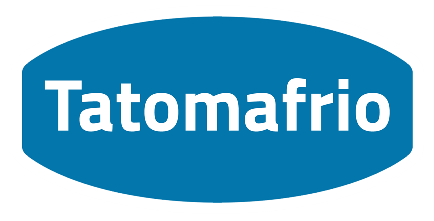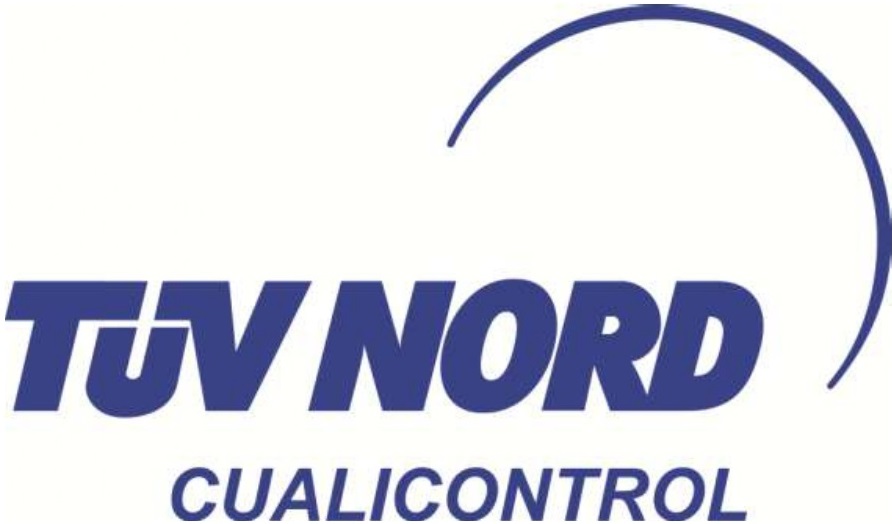What is the ATP?
The ATP, Accord Transport Perrisable – the French short form of the Agreement on the International Carriage of Perishable Foodstuffs and on the Special Equipment to be Used for such Carriage – was signed in Geneva on 1 September 1970 for the purpose of guaranteeing end consumers that their food would be delivered under the appropriate conditions of hygiene. This agreement is considered a set of technical and health standards that specify how perishable foodstuffs must be transported, specifying the requisites that must be met by the special vehicles used for their transport, and setting out the control procedures needed to ensure their compliance.
What are perishable foodstuffs?
These are foods that need controlled temperatures for their transport.
It should be pointed out that only those foodstuffs contained in the agreement are considered perishable, and that maximum temperatures are also set out.
How often do containers need to undergo an inspection?
The initial inspection is the responsibility of the manufacturer for new containers and certification is valid for six years. After this time, an inspection is required every three years. Products included in the ATP standard:
- Ice cream –20ºC
- Frozen or quick (deep)-frozen fish, fish products, molluscs and crustaceans –18ºC
- All other quick (deep)-frozen foodstuffs –18ºC
- Frozen butter –10ºC
- All other frozen foodstuffs –12ºC
- Red offal +3ºC
- Butter +6ºC
- Game products (other than large game) + 4ºC
- Milk in tankers +4ºC
- Industrial milk +6ºC
- Refrigerated dairy products +4ºC
- Untreated fish, molluscs and crustaceans on melting ice or at temperature of melting ice
- Meat products (other than red offal and fully treated preserved meat products) +7ºC
- Poultry and rabbits +4ºC
Ready cooked foodstuffs are not considered perishable foodstuffs according to the ATP, so are exempt from the requirement to transport them in ATP-certified vehicles.

